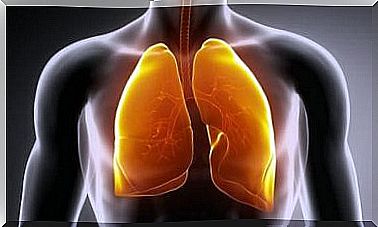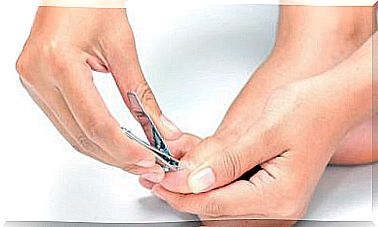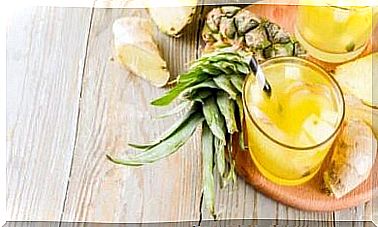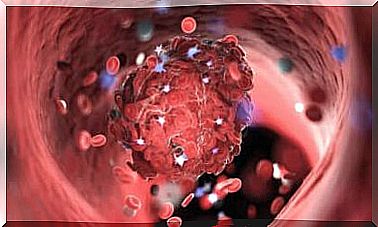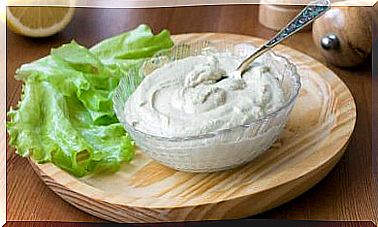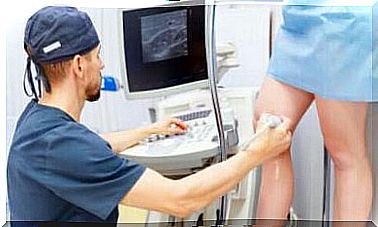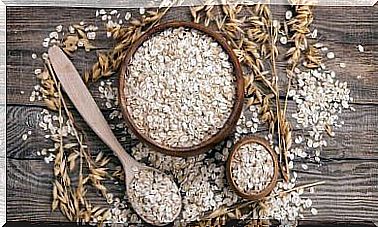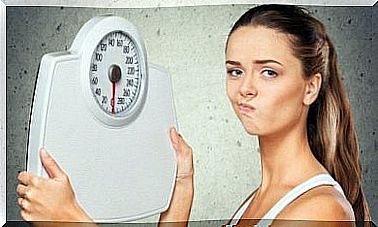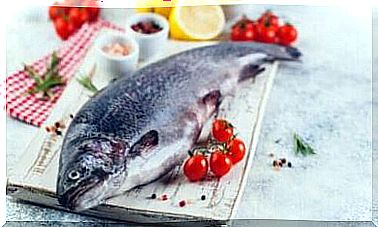Diet Suitable For Hypotensive Patients
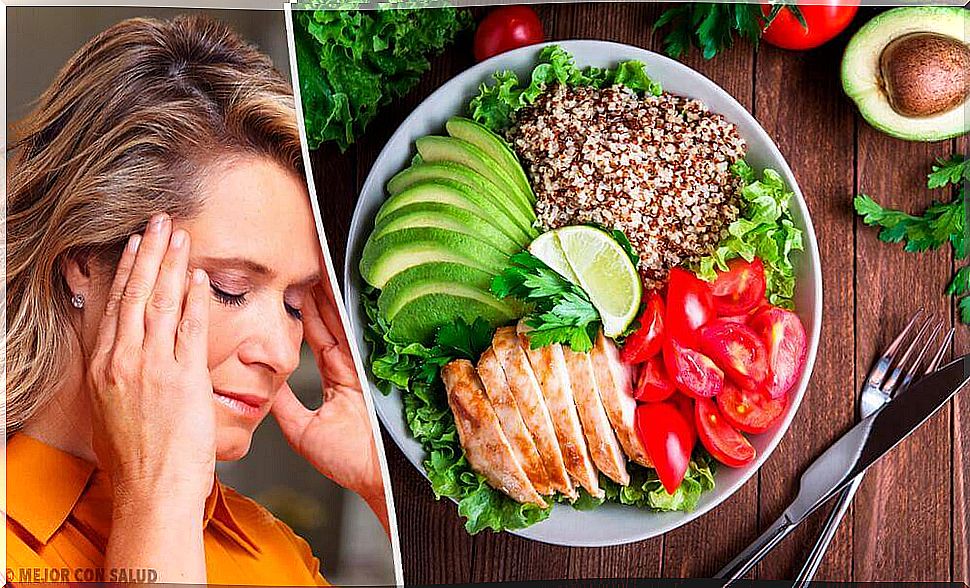
What is hypotension? It is the medical term given to low blood pressure. It refers to a decrease in the normal rhythm of the heartbeat.
When the pressure of blood flowing through the arteries decreases, the body’s organs no longer receive the amount of blood they need to function.
What is the right diet for hypotensive patients? What should they eat and what foods should they not eat? Find out here!
hypotension symptoms
Low blood pressure usually causes some symptoms such as:
- fainting
- Dizziness
- Blurred vision
- Confusion or disorientation
- Somnolence
- Sweating
- Nausea
- Pallor
- Headache
- Tiredness
- ringing in the ears
- Hypothermia (cold hands and feet)
Also Read: 7 Symptoms of a High Blood Sugar Level
Causes of Hypotension

Low blood pressure has several causes. Some of the most common are:
- Changes in posture. Getting up sharply can cause very short-term hypotension.
- Dehydration. Insufficient fluid intake.
- Physical constitution. Some people with a thin frame may experience constant hypotension. It is a condition related to your physical constitution.
- Drug consumption. Intake of diuretics, analgesics, psychotropics and medications to treat circulatory diseases.
- Cardiovascular diseases. For example, cardiac arrhythmias.
- Endocrine Diseases. Improper functioning of the thyroid, pituitary, pancreas, or adrenal glands can be a symptom of hypotension.
Adequate diet for hypotensive patients
A proper diet for hypotensive patients can significantly improve hypotension symptoms.
fluid intake
Since dehydration is one of the causes of low blood pressure, you should drink 2-3 liters a day. The same recommendation applies to hypotension caused by heat stroke. The recommended drink is mainly water, as it helps in the correct functioning of all the organs in the body.
Diluted natural fruit juices, herbal teas and infusions are also recommended. It is advisable to drink all sugar-free drinks to avoid weight gain and other health problems.
Coffee is recommended in small doses. In the case of hypotension, it may help to temporarily relieve symptoms. However, an excess can produce tachycardia and nervousness.
Alcoholic beverages are contraindicated. Alcohol alters the circulatory system in different ways and encourages the elimination of bodily fluids that cause dehydration.
Food distribution throughout the day
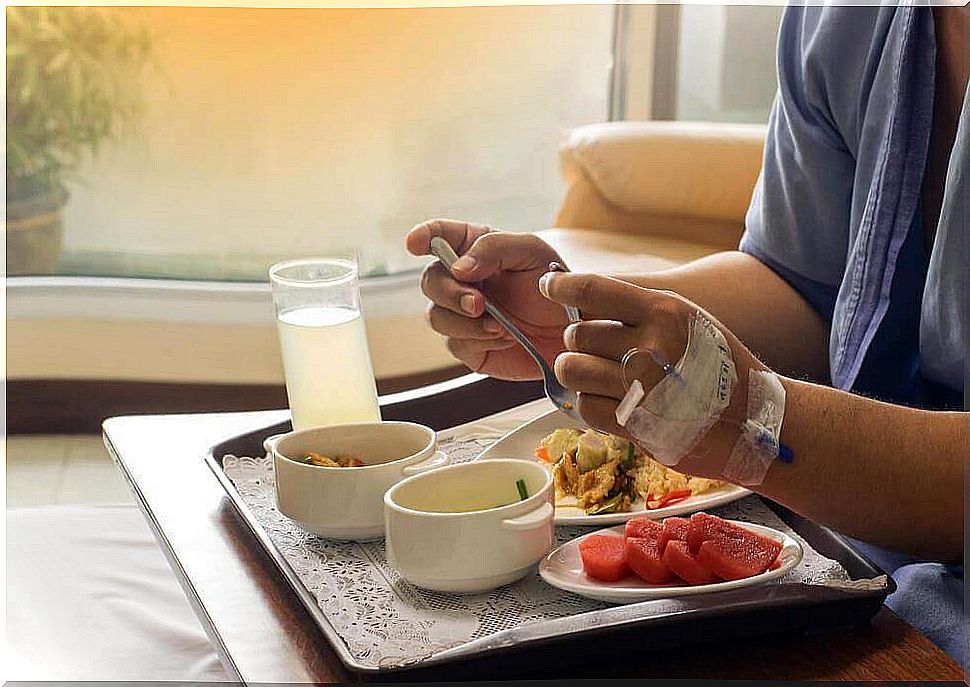
In the proper diet for hypotensive patients, the daily intake of small portions several times a day is recommended. The reason for this is to prevent the blood flow from being concentrated in the abdominal area by ingesting large amounts and causing a drop in pressure.
Eating small portions, six times a day, also keeps blood glucose levels stable. And this decreases the chances of suffering from hypotension.
Visit this article: Foods to Treat Hypotension
Increased sodium in the diet
Salt favors the retention of fluid in the body, which stimulates an increase in blood pressure. For this reason, foods rich in sodium are recommended.
Dried fruits such as hazelnuts, pistachios, almonds, sunflower seeds and peanuts contain significant amounts of sodium. In addition, they are rich in vitamin B, which has multiple health benefits, such as contributing to the nervous system.
Cheeses and turkey are another good option in the diet suitable for hypotensive patients due to their sodium content.
While it may relieve the symptoms of an episode of hypotension, the sodium intake is not recommended in all cases. It is contraindicated during pregnancy, as it can cause fluid retention in women.
It is also not recommended if hypotension is related to renal failure, as sodium is harmful for this type of patient. Finally, you need to be careful with your salt intake in case of heart disease.
FOOD TO AVOID

The proper diet for hypotensive patients excludes all meals that represent empty calories, that is, without essential nutrients for the body. It is the case of:
- Too many sweets and desserts.
- Drinks rich in sugar, such as soda or canned goods.
- Refined flours.
- Saturated fats contained in fried or processed foods.
- Foods rich in chemicals and preservatives are harmful to health in all cases.
General recommendations
The proper diet for hypotensive patients should follow the basic criteria of any healthy diet. It is recommended the consumption of balanced foods: balanced proteins and carbohydrates that should be consumed at regular times.
It is also important to reduce foods harmful to health, reduce the percentage of salt, products rich in sugars, fats, chemicals, dyes and preservatives.
